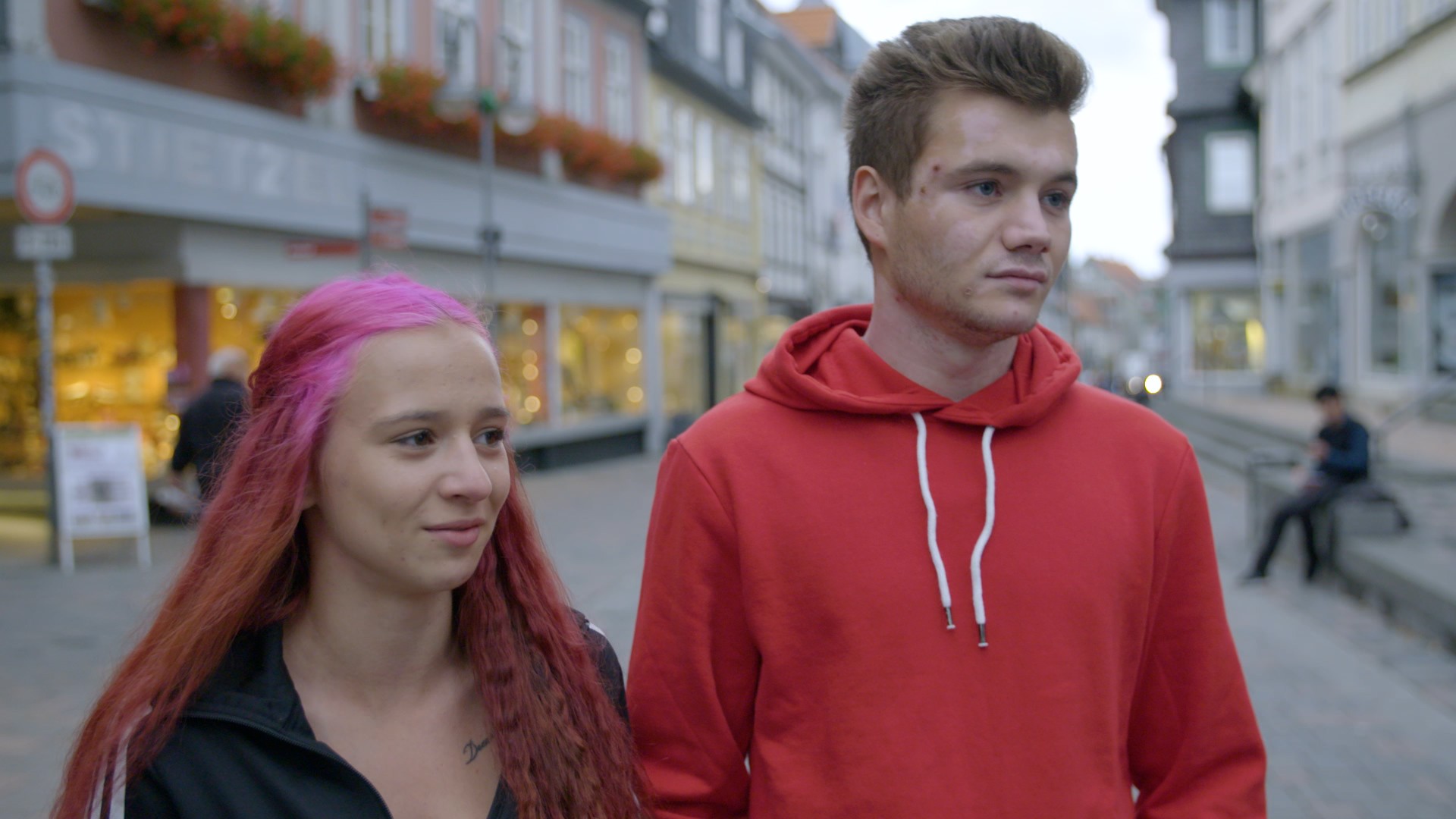When the German city of Nuremberg picked a non-white teen to play the role of Jesus at its famous Christmas market for the first time, many hailed it as a sign of progress.Not Germany’s far-right AfD party. For the anti-immigration party, the choice of 17-year-old Benigna Munsi, whose father is of Indian descent, for the honorary role was another sign of impending “white genocide.”“Nuremberg has a new Christ Child. One day, we're going to go the way of the Indians,” read a Facebook post by the AfD’s local branch, comparing white Germans to Native Americans.The comment has provoked a huge backlash from local and state politicians in Nuremberg, the second largest city in the southern German state of Bavaria. Speaking at a press conference Sunday, Nuremberg Mayor Ulrich Maly slammed the party for the “openly racist” remarks.“You would laugh about it if you didn't know these guys are serious, but you could cry about this level of misanthropy,” he said.Markus Söder, the premier of the state of Bavaria, said his government would not tolerate the AfD’s “rabble-rousing” comments, while Bavarian Interior Minister Joachim Herrmann criticized the remarks as “the malicious grimace of racism.”The offending comments have been deleted from the Facebook page and replaced with a post congratulating Munsi.READ: Inside the far-right conspiracy movement that’s preparing for a showdown with Germany’s governmentMunsi, a local high school student, told reporters Sunday she was buoyed by the outpouring of support she had received in response to the AfD’s racism.“I am surprised by the positive responses I have received,” she said. “They say, ‘Cheer up, not all people are so negative — we're behind you.’ I was very happy about that.”READ: Extremists are threatening to burn down German kindergartens after they took pork off the menuFounded in 2013, the right-wing populist AfD party surged in popularity following Chancellor Angela Merkel’s decision to open Germany’s doors to about a million asylum-seekers at the height of Europe’s migration crisis in 2015. Two years later, it won 12.7 percent of the vote in national elections, becoming the third-largest party in the federal parliament. Cover: 30 October 2019, Bavaria, Nuremberg: The newly elected Nuremberg Christkind, Benigna Munsi, smiles after the announcement of the election results. The 17-year-old was voted the new Christ Child for two years by a jury of a total of six applicants. This traditionally opens the Nuremberg Christkindlesmarkt. During Advent the Christ Child is the most important representative of the city and its traditional Christmas market. Photo by: Daniel Karmann/picture-alliance/dpa/AP Images
Cover: 30 October 2019, Bavaria, Nuremberg: The newly elected Nuremberg Christkind, Benigna Munsi, smiles after the announcement of the election results. The 17-year-old was voted the new Christ Child for two years by a jury of a total of six applicants. This traditionally opens the Nuremberg Christkindlesmarkt. During Advent the Christ Child is the most important representative of the city and its traditional Christmas market. Photo by: Daniel Karmann/picture-alliance/dpa/AP Images
Advertisement
Dating back to 1530, Nuremberg’s Christmas market is one of the oldest and most famous in the world, drawing about 2 million visitors to the Bavarian city every winter. Each year, organizers choose a local young person for the role of the “Christ Child” — an honorary role that includes formally opening the market on Nov. 29, as well as performing ambassador duties at events in hospitals, schools, and nursing homes throughout the season.READ: How Germany’s far-right AfD is weaponizing Nazi historyFaced with a growing backlash, the local branch of the AfD has attempted to distance itself from the remarks, which it blamed on a social media editor. Christina Specht, the party’s local head, said the comment did not reflect the party's values and that the social media editor who'd posted the comment on the group’s Facebook page had since resigned.
Advertisement
